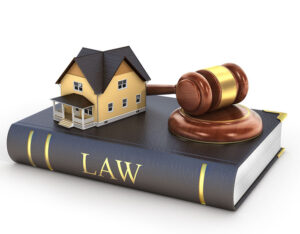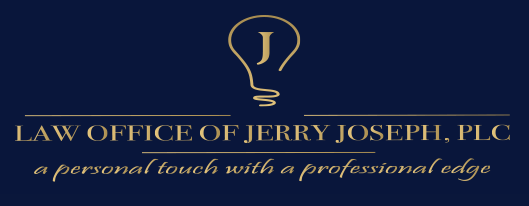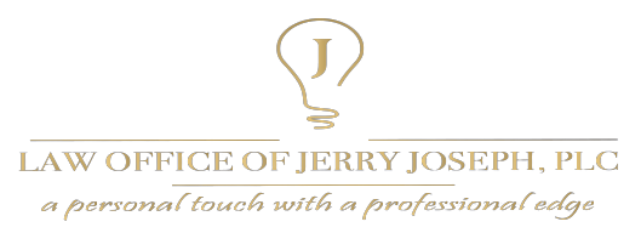Blogging and Intellectual Property Law
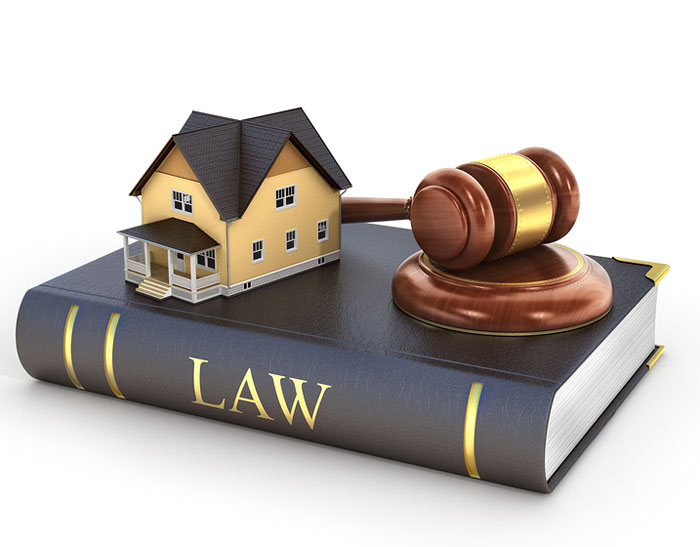
Blogging can be personally satisfying. Many people relish the chance to share things with an audience of admirers, happy to listen to their thoughts. Blogging may also offer the chance to make money as people choose to buy their recommended products. If you are a blogger or you’re thinking about becoming one, you’ll want to make sure you have everything in order before and as you begin. Paying close attention to any legal requirements is a must for all bloggers. Understanding any intellectual property laws that may apply to you is also crucial for those who plan to speak in the public square.
Understanding Copyright Laws
When people write, paint or otherwise choose to engage in original work, they are entitled to the profits of their own labor. People are not allowed to copy them without permission. This is known as a copyright. Under the law, people must agree to ask permission to use their work. Those who do not agree and take their work in some way their permission may be subject to accusations they have deliberately violated another person’s legal rights. These laws apply to all media including media that is online such as a person’s blog.
Letting Others Use Your Work
There are many ways to let others use your blog. For example, you can make it shareable on social media. This can help you build an audience. You can make the post public rather than keep it to a group of friends. You can also allow your photographs to be used via what is known as a creative commons license. This license allows you to determine exactly how much you can agree to share your work with others and under what circumstances. Many people simply allow others to share their work by agreeing not to do anything if they see the work copied.
Fair Use
Over time, a body of law has developed known as fair use. Under this body of law, there are certain circumstances in which people are allowed to use the material you’ve created. A portion of your work of (about 10%) can be legally quoted by anyone else. People can also use your work to write about it for another source. For example, someone is allowed to write about your blog in a magazine without the need to ask permission. They also have the right to poke fun at it even you dislike their decision.
Public Domain and Factual Evidence
Two other terms bloggers should know about are the public domain and factual evidence. Works in the public domain are works that have either no copyright or expired copyright. People can use these works freely without asking for permission. They can also use factual evidence that others have dug up. Keep in mind that, while people can quote facts, it’s generally best to avoid quoting large chunks of copy. Keeping these few rules in mind will protect your own work and keep blogging fun.

JERRY K JOSEPH, PRINCIPAL ATTORNEY
Having a lawyer is often the difference between success and failure. A good intellectual property lawyer is priceless. Without one, you’re basically out in the cold on your own. I have seen so much go wrong for clients’ businesses and even personal finances apart from the company.
Recent posts
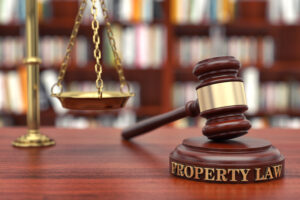
Common Intellectual Property Mistakes Startups Need to Avoid
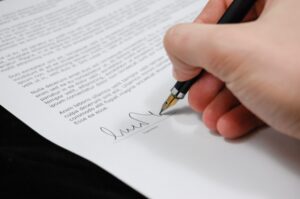
Why Should You Hire A Patent Attorney in Washington, DC?

How Your Business Can Benefit from a Patent
